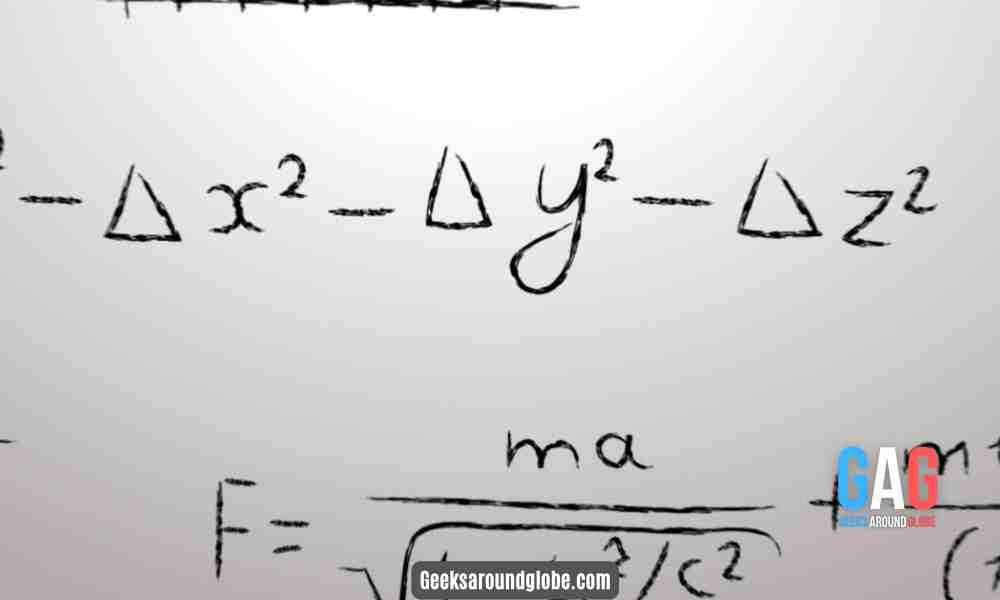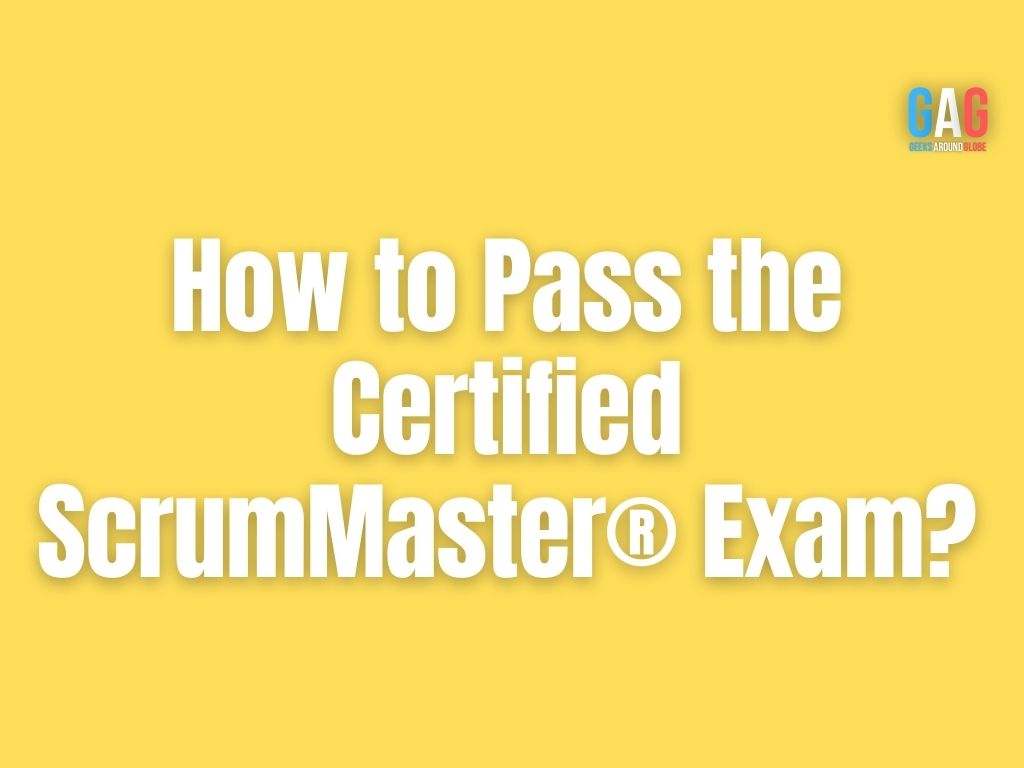The International Baccalaureate (IB) Maths Higher Level (HL) exam is a challenging and comprehensive assessment of students’ mathematical knowledge and skills. It is designed to test students’ ability to think critically, solve problems, and apply mathematical concepts and principles to real-world situations. If you are planning to take the IB Maths HL exam, it is important to know what to expect from the exam. In this article, we will break down the IB Maths HL exam and provide you with some tips and strategies to help you prepare for it.
Exam Format
The IB Maths HL exam consists of two papers, each lasting three hours. Paper 1 has two sections, Section A and Section B, with a total of 16 questions. Section A contains four short-answer questions worth 10 marks each, while Section B contains four extended-response questions worth 15 marks each. Paper 2 also has two sections, Section A and Section B, with a total of 16 questions. Section A contains four short-answer questions worth 10 marks each, while Section B contains four extended-response questions worth 15 marks each.
Both papers are designed to assess students’ understanding of mathematical concepts and their ability to apply them to solve problems. The questions are based on the topics covered in the IB Maths HL syllabus and require students to demonstrate a deep understanding of the subject matter.
Scoring and Assessment
The IB Maths HL exam is scored on a scale of 1 to 7, with 7 being the highest score. To pass the exam, students must earn a minimum of 24 points. The exam is assessed using a criterion-referenced model, which means that each student’s performance is measured against a set of predefined criteria rather than against the performance of other students.
The exam is graded based on two components: external assessment and internal assessment. The external assessment includes the two papers, which account for 80% of the final grade. The internal assessment consists of a portfolio of mathematical work that is completed over the course of the two-year program and is worth 20% of the final grade.
The exam is marked by trained examiners who follow strict marking criteria. Each question is worth a certain number of marks, and students are awarded marks based on the quality of their responses. The examiners take into account factors such as accuracy, completeness, clarity, and logical reasoning when assessing students’ responses.
Syllabus Coverage
The IB Maths HL syllabus is extensive and covers a wide range of mathematical topics. The syllabus is divided into six topic areas, each of which is further subdivided into specific subtopics. The six topic areas are as follows:
- Number and Algebra
- Functions
- Geometry and Trigonometry
- Statistics and Probability
- Calculus
- Mathematical Exploration
The exam is designed to assess students’ knowledge and understanding of all six topic areas. Each paper includes questions on all six topic areas, and students are expected to demonstrate a deep understanding of each topic. The exam questions are designed to test students’ ability to apply their knowledge and skills to solve real-world problems.
Tips and Strategies
Preparing for the IB Maths HL exam requires a lot of hard work and dedication. Here are some tips and strategies to help you prepare for the exam:
- Start Early: It is important to start preparing for the exam early. Give yourself enough time to cover all the topics in the syllabus and to practice solving past exam questions. This will help you to identify your strengths and weaknesses and to focus your revision efforts accordingly.
- Practice, Practice, Practice: Practice solving past exam questions and sample papers to get a sense of the types of questions that are asked in the exam. This will also help you to develop your problem-solving skills and to become familiar with the format and structure of the exam.
- Understand the Syllabus: Make sure you have a good understanding of the IB Maths HL syllabus and the topics that will be covered in the exam. This will help you to identify the areas that you need to focus on and to allocate your revision time effectively.
- Manage Your Time: Time management is crucial in the IB Maths HL exam. Make sure you allocate enough time to each question and to each section of the paper. If you get stuck on a question, move on to the next one and come back to it later. This will ensure that you have enough time to answer all the questions in the exam.
- Show Your Work: Make sure you show your work and your thought process when solving problems. This will help the examiners to understand how you arrived at your answers and to award you marks for partial solutions.
- Check Your Answers: Double-check your answers to ensure that you have not made any careless mistakes. This is particularly important in the extended-response questions, where a single mistake can cost you a significant number of marks.
- Practice Good Exam Technique: Practice good exam technique, such as reading the questions carefully, underlining the key words and phrases, and organizing your work neatly. This will help you to stay focused and to answer the questions more effectively.
Conclusion
The IB Maths HL exam is a challenging and comprehensive assessment of students’ mathematical knowledge and skills. To do well in the exam, it is important to know what to expect and to prepare effectively. By understanding the exam format, scoring and assessment, syllabus coverage, and tips and strategies for preparation, you can maximize your chances of success in the exam. Remember to start early, practice regularly, and manage your time effectively. Good luck!







